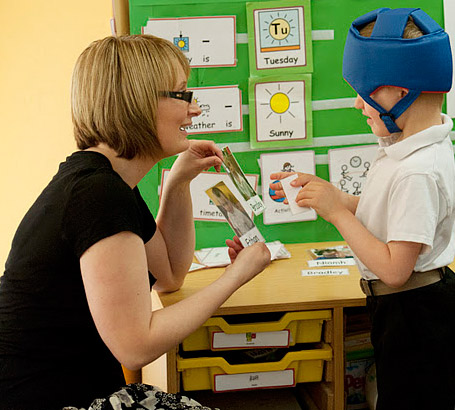
Different interested groups, such as parents, local authorities or the government, will have particular views on the purpose of 'education' for children with complex needs.
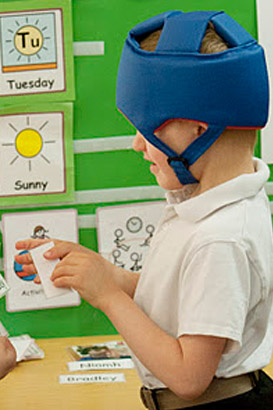
In 1976, twelve Flemish pre-school teachers, assisted by Ferre Laevers, started to reflect critically on their practice. Their approach was 'experiential'. The intention was to make a careful, moment-by-moment description of what it means to a young child to live and take part in an educational setting. Their careful observation and 'reconstruction' of the child's experiences highlighted a number of unsatisfactory conditions. Too many opportunities to sustain children's development occurred. A new educational model for pre-school education was born: Experiential Education.
The view of education arising from Laevers' research can be useful when considering the aims and outcomes of education for children with complex needs.
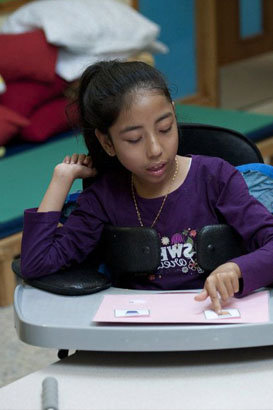
Laevers believes that the two key indicators of the quality of education are the child's:
- Emotional well-being, and
- Involvement or engagement.
Others have added a third indicator – the child’s ability to relate to others.
Laevers also distinguishes between superficial learning and fundamental or 'deep level' learning which leads to development.
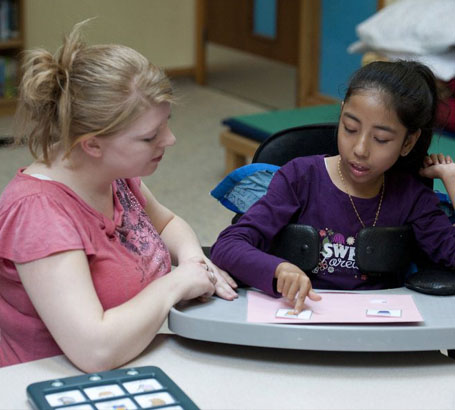
The concept of engagement or involvement is not linked to specific levels of development or types of behaviour.
It refers to a child's strong motivation, interest and immersion in an activity.
Engagement for children with complex needs will depend on the activities and support that are available to them. Further information about engagement is included in the module about this topic.

Secure relationships are important for all children but for children with complex needs, a highly dependent and vulnerable group, they are even more important.
Children with very limited physical and/or communication skills depend on those caring for them to meet their most basic physical needs. However, they also have a need to develop stronger, deeper relationships if they are to develop to their full potential.
A child who has good relationships with others is emotionally secure, socially engaged and receptive to learning. Without secure relationships, children are at risk of developing challenging behaviour.
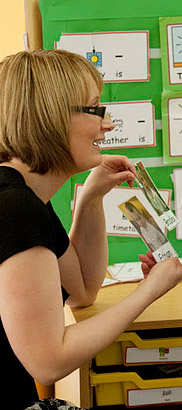
Consider the range of education services provided by your school.
What are the espoused educational aims of your school?
What are the actual educational aims being pursued? How do you know?
Is there a difference?
Critically evaluate these two sets of aims against the educational aims of promoting:
- Emotional well-being
- Involvement or engagement
- The child's ability to relate to others.
Do any additional aims compete with these?

Laevers, F. (2005) Well-being and Involvement in Care Settings. A Process-oriented Self-evaluation Instrument. Leuven University, Belgium: Kind & Gezin and Research Centre for Experiential Education.